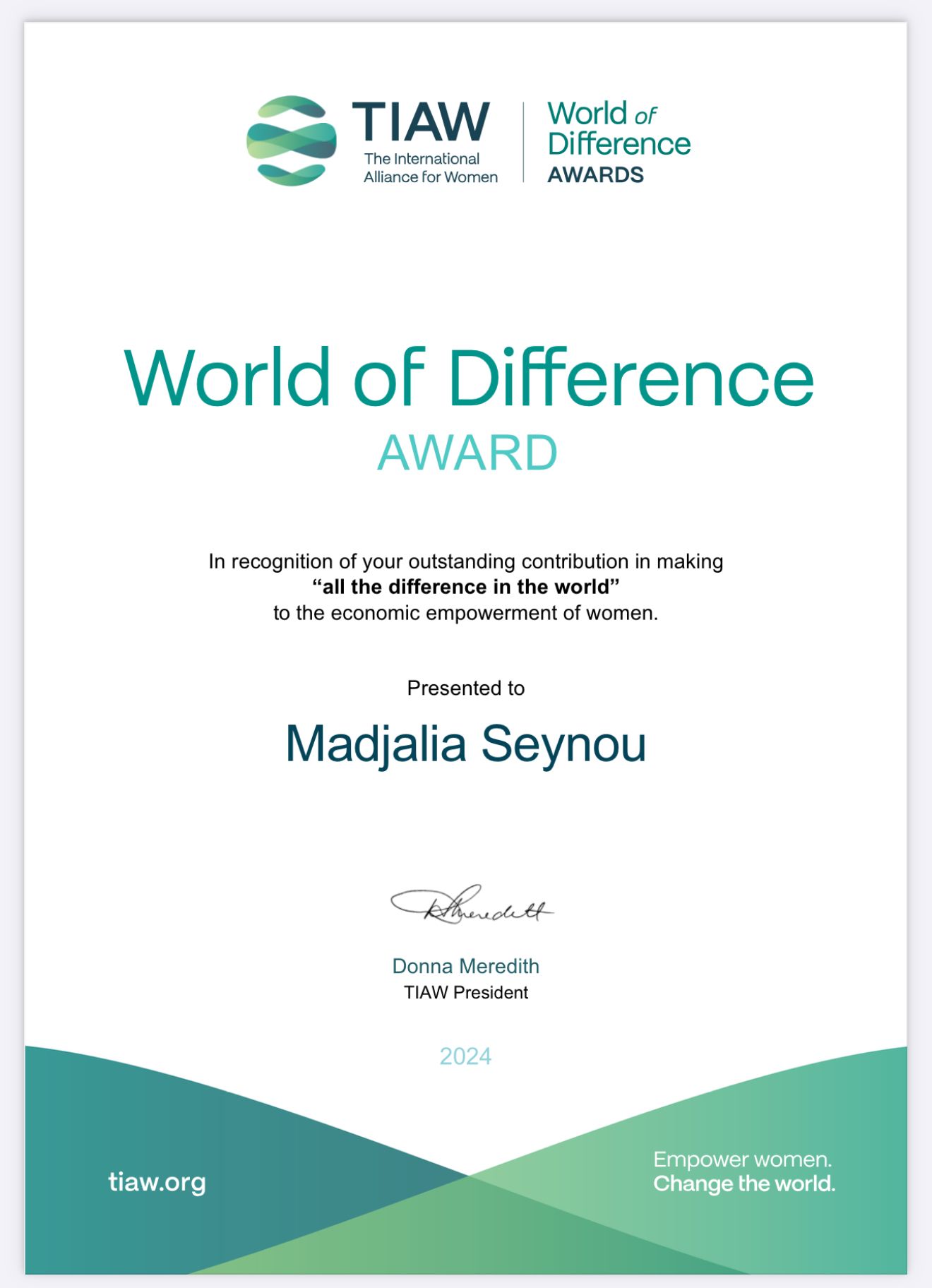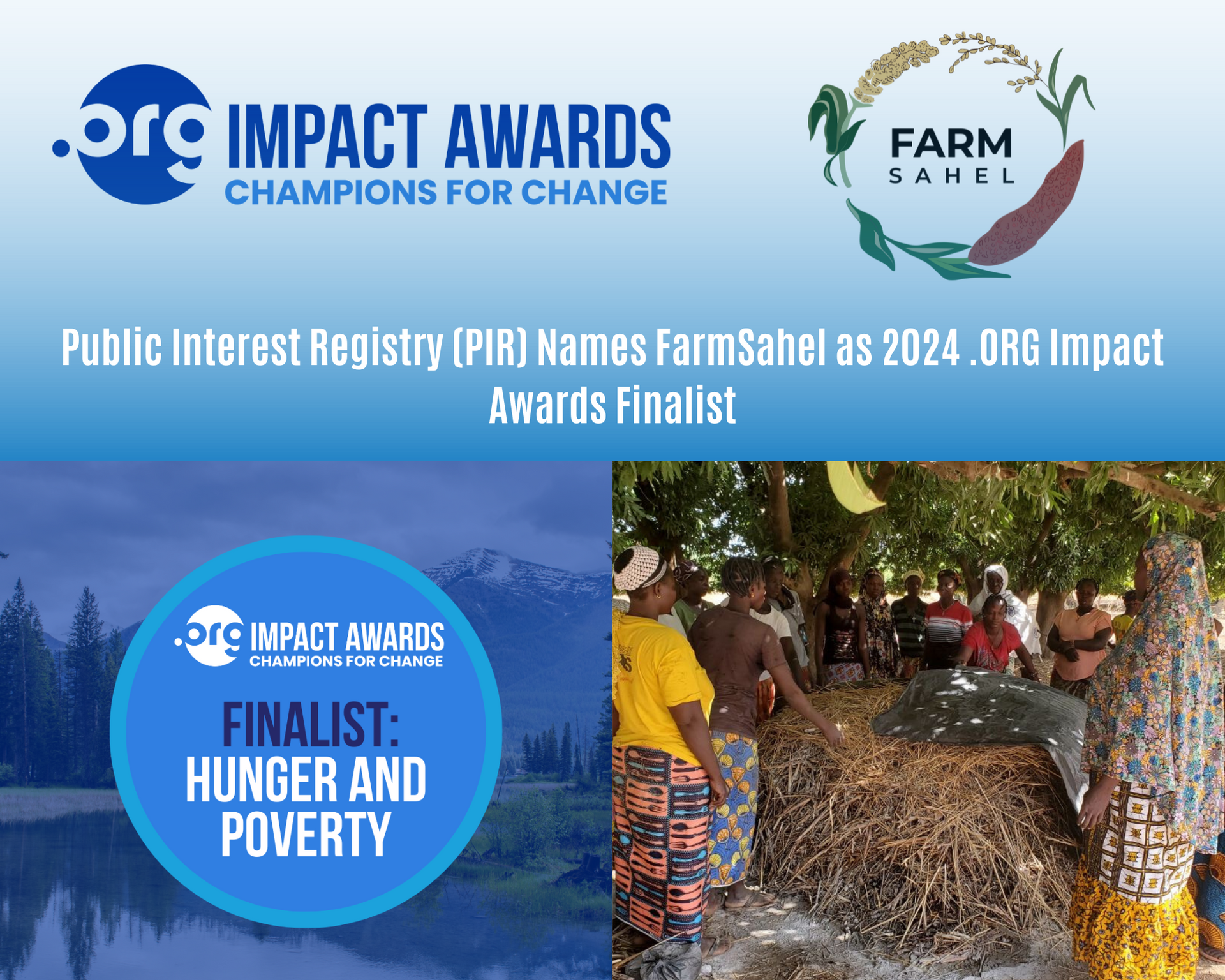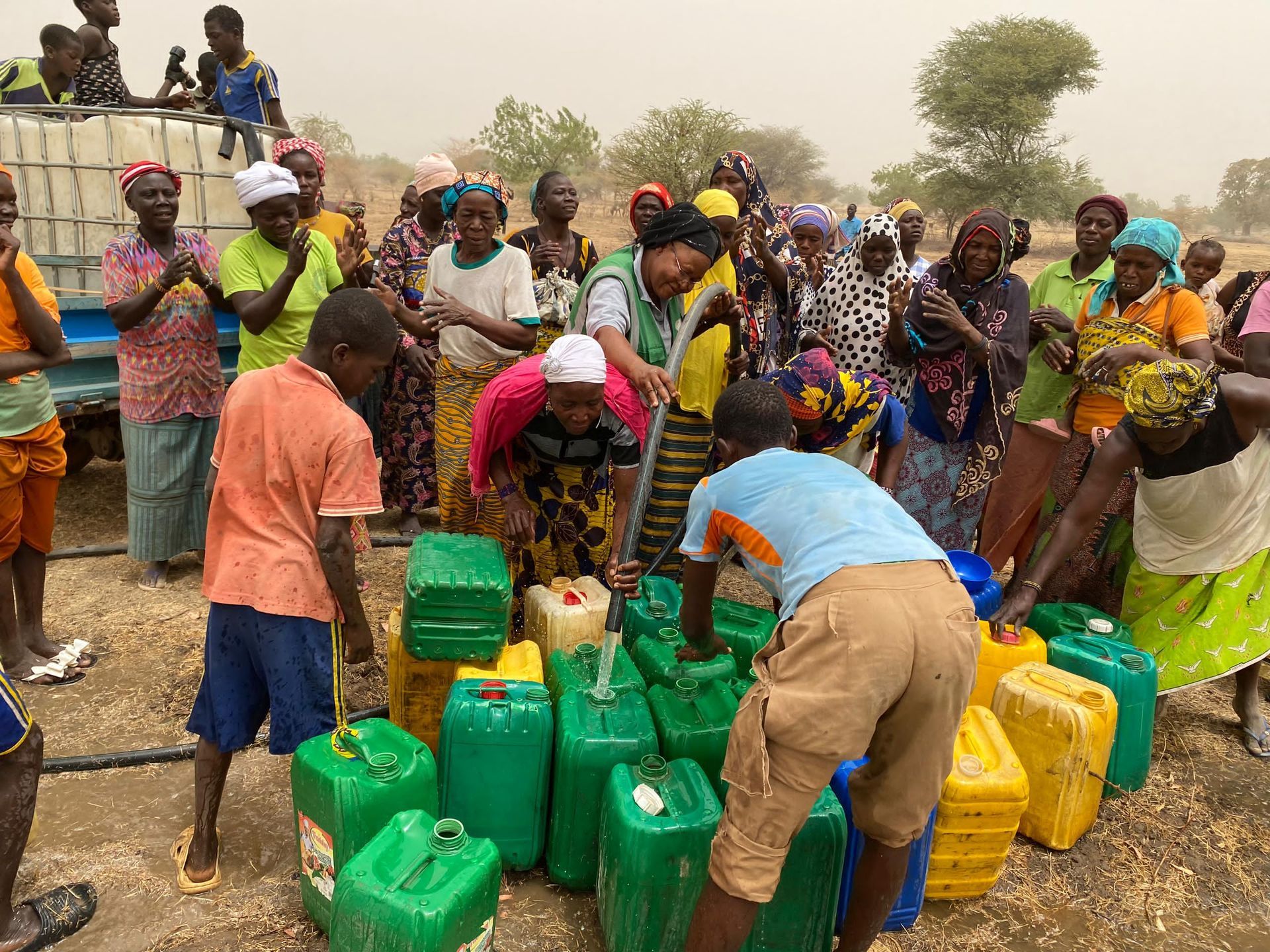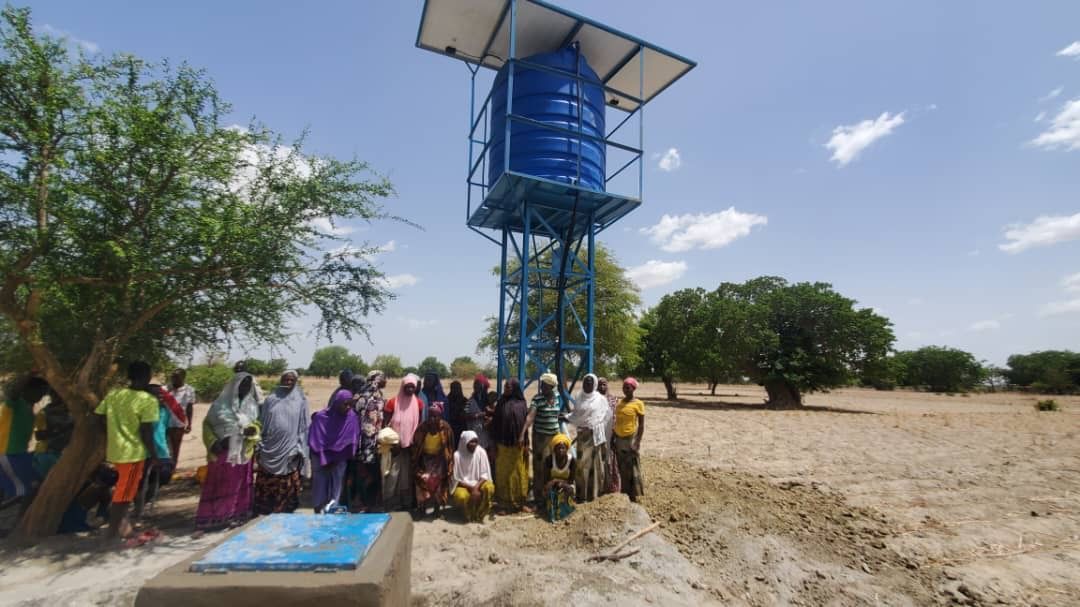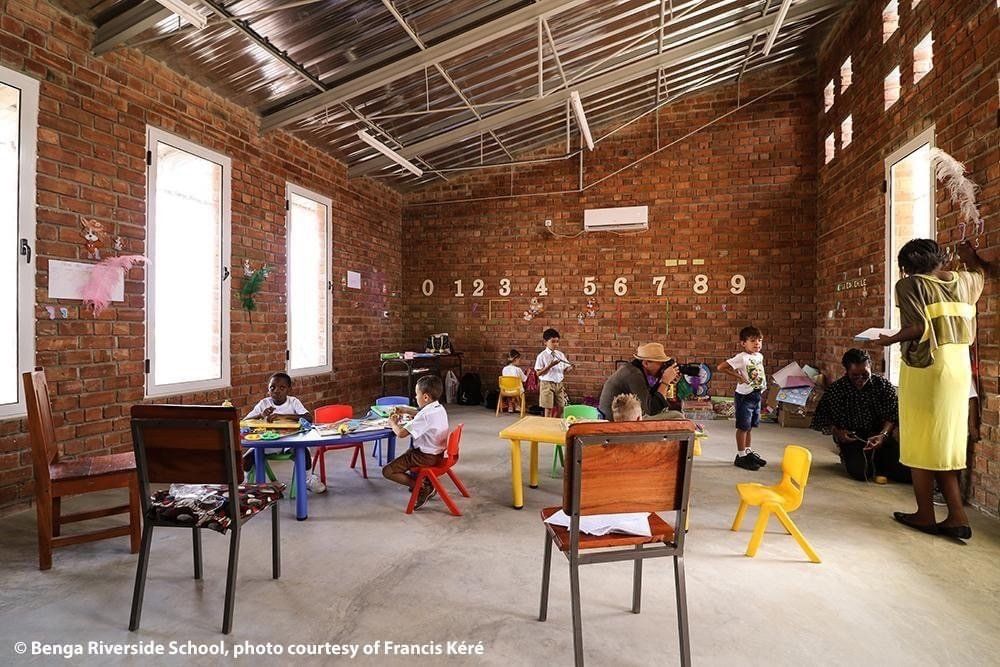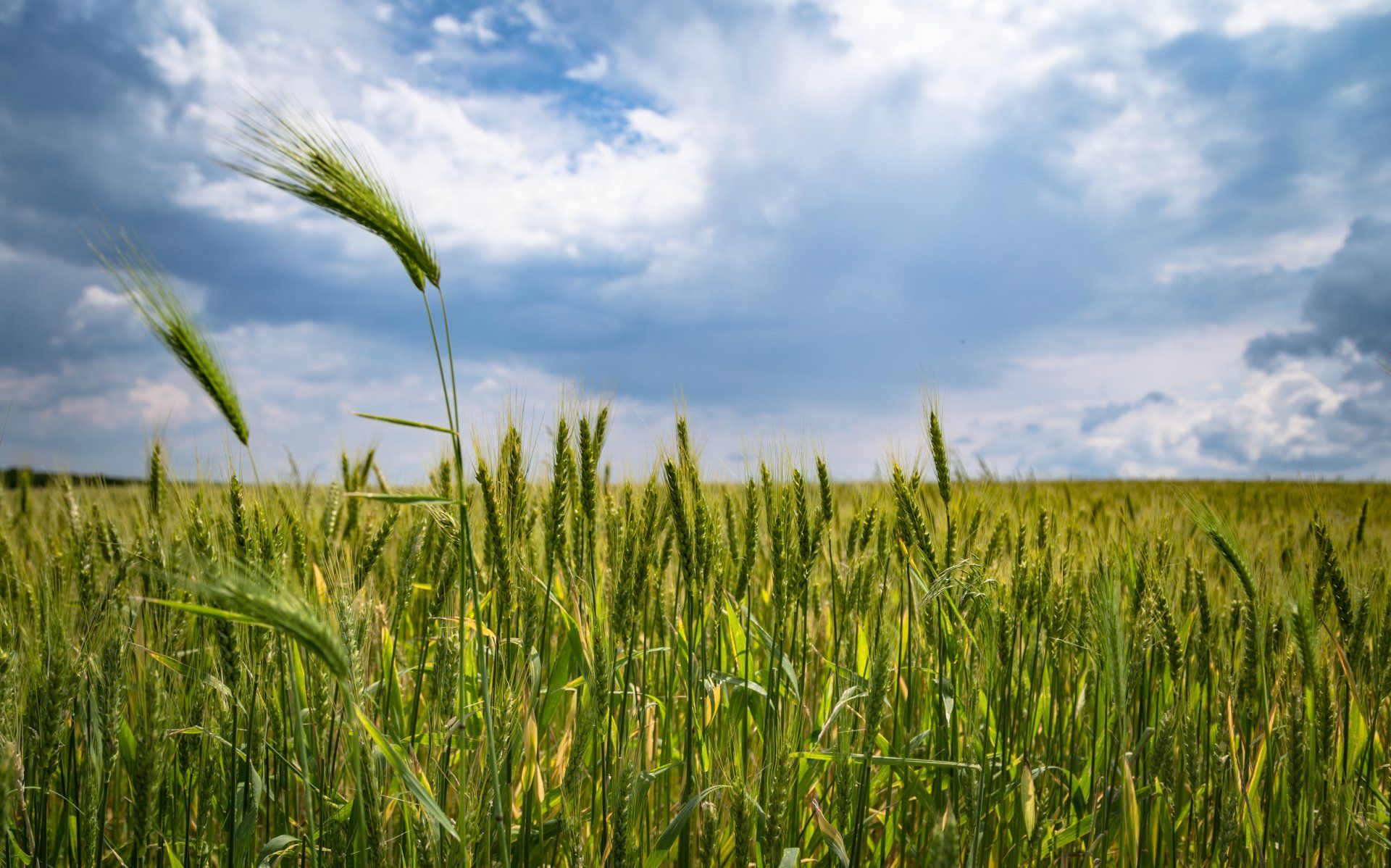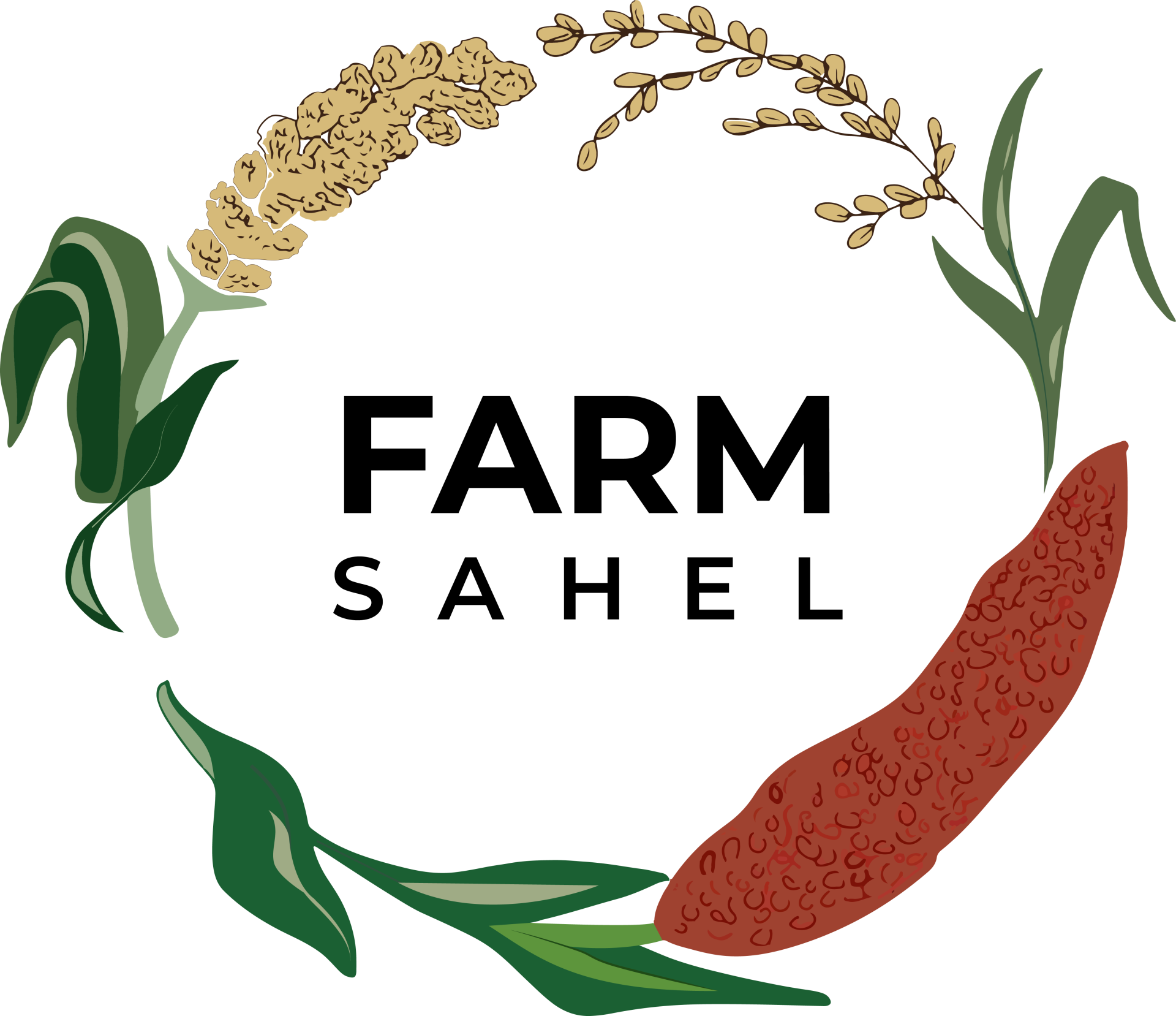What is Agribusiness?
Here at FarmSahel, we use the term “agribusiness” quite often, but what exactly does this term mean, both in theory and in practice? This topic will be discussed in this post, allowing for a better understanding of, not only the term, but also FarmSahel’s goal when it comes to agriculture.
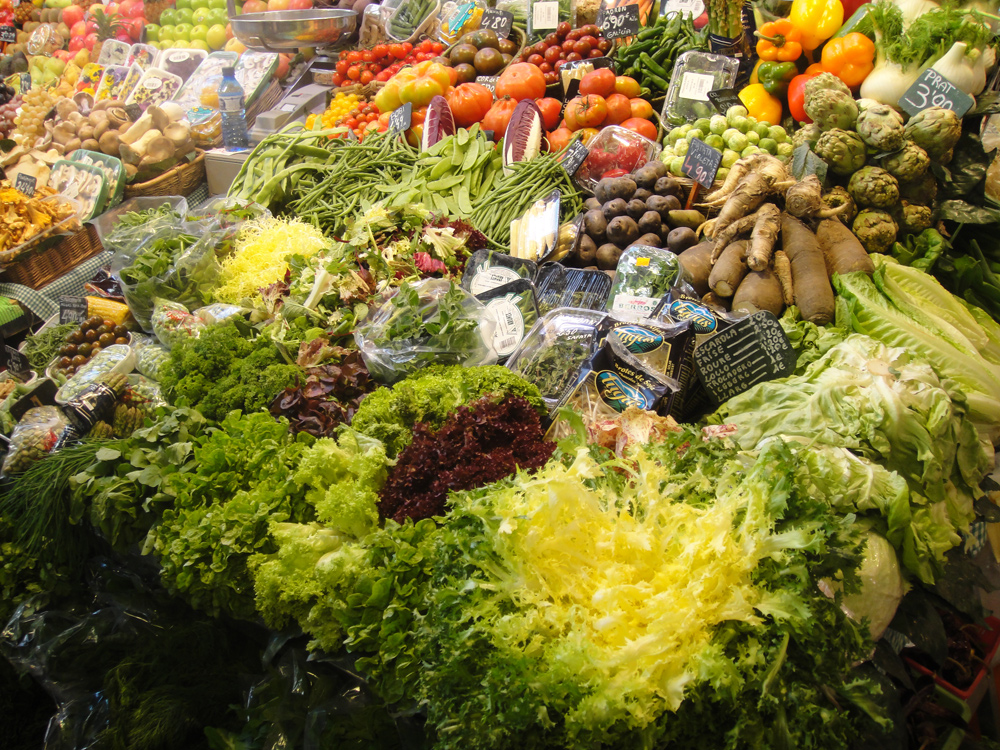
The term “agribusiness” was first coined at Harvard University in 1957. It is important to note the difference between agribusiness and simply farming, as the two terms are quite often used interchangeably. Agribusiness is a much broader term than farming, and it encompasses any enterprise in the agricultural industry that a farmer may take on. An agribusiness is not just concerned with the act of farming, but also in value-addition, marketing, entrepreneurship, microfinancing, and agricultural extension throughout their communities. A guardian article on the same topic describes agribusiness as "the collective business activities that are performed from farm to fork", so essentially any business actions that are taken between the farmer and the consumer of the product. As agriculture has become more industrialised, these actions have become more and more complicated, with a myriad of steps now existing between the farmer and the fork.
As one might guess, farming systems and agribusiness systems are incredibly complicated. There are many steps that food takes to get from the ground on a farm to a person’s dinner table. First, there are all of the factors that go into creating a successful farm, land, proper irrigation, seeds, and fertilizers must all be sourced first. Then, there is the input of labor and mechanics in order to actually grow and tend to the farm. Once the food is harvested, it must be sold. Either the food stays in the direct community, being sold at markets or to neighbors, or it is sold to a “middle man” who takes it for processing. With the global food system that currently exists, this processing step could take products all around the world, to be processed and refined into other goods. Once the product has reached its final form, it is then sold to a distributor and winds up either in a restaurant or on a grocery store shelf.
Agribusiness is often seen as a force for good when looking at countries in a development context, in that these techniques do not just allow farmers to grow more food, but can also allow them improve the business aspect of their farm. It allows them to leverage what they produce in order to get more money for their products. Much of the training farmers receive involves effectively growing more product, and not what to do with it after. A report from 2010 by the African Association of Agricultural Economists underscores this need. It speaks to the fact that the agricultural sector in Africa suffers from underdevelopment because of a lack of investment in the business and education side. With the proper agribusiness education and focus, Africa can grow a vibrant food market where farmers are paid well for what they produce.
Our trainings provide the tools that farmers need in order to make smart decisions around their product, and to navigate the complicated agribusiness world with ease, allowing them to be properly paid for the food that they produce.
Wikimedia Foundation. (2021, May 2). Agribusiness. Wikipedia. https://en.wikipedia.org/wiki/Agribusiness.
Merriam-Webster. (n.d.). Agribusiness. Merriam-Webster. https://www.merriam-webster.com/dictionary/agribusiness.
Guardian News and Media. (2013, April 2). How can agribusiness work best for development? The Guardian. https://www.theguardian.com/global-development-professionals-network/2013/apr/02/live-debate-agribusiness-global-development.
Mabaya, E., Christy, R., & Bandama, M. (n.d.). (rep.). The Current State of Agribusiness Education and Training in Africa.
